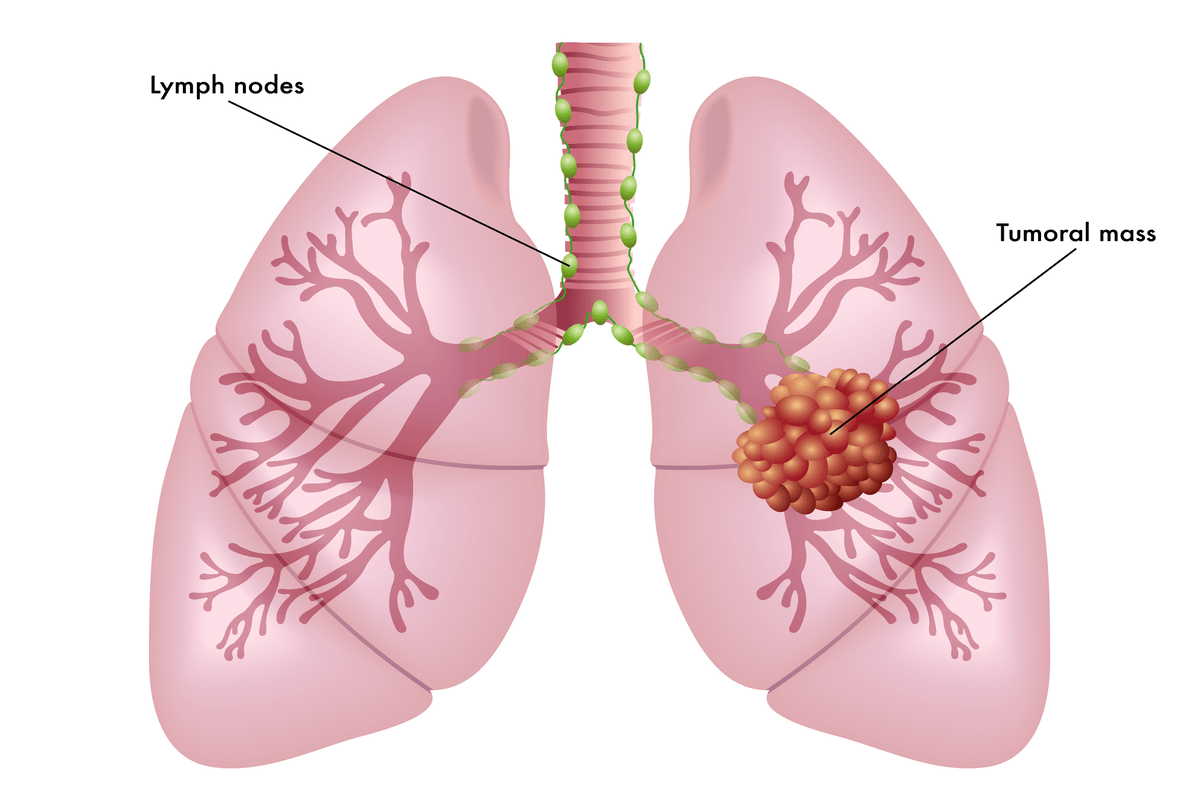What Are The Early Signs Of Lung Cancer In Seniors?

Lung cancer remains a significant health challenge, especially as individuals age. Recognizing the early signs can make a profound difference in outcomes. This article aims to shed light on early signs of lung cancer in seniors in their golden years.
Early Signs of Lung Cancer in Seniors
Lung cancer may not always present clear symptoms in its early stages, but there are several key signs that should not be ignored. A persistent cough that worsens over time, coughing up blood and chronic chest pain that is not related to coughing are among the primary indicators.
Residents might also experience shortness of breath during activities that were previously manageable without difficulty. Unexpected weight loss and fatigue are other critical signs that warrant attention. These symptoms can often be mistaken for other less serious conditions, making it crucial for older adults to receive regular health screenings.
Why Early Detection Matters
The significance of early detection cannot be overstated. Identifying lung cancer at an early stage greatly increases the chances of successful treatment. This is particularly true for residents in their golden years, who may face additional health challenges. Early detection allows for a wider range of treatment options that can be less invasive and more effective. Moreover, it can significantly improve the quality of life by managing symptoms sooner and potentially prolonging life expectancy.
Risk Factors to Consider
While smoking remains the most well-known risk factor for lung cancer, other elements can also increase the risk, especially in older adults. Exposure to radon gas, asbestos and other carcinogens plays a role, as does a family history of the disease. It's important for individuals, particularly those with a history of smoking or exposure to harmful substances, to discuss their risk factors with a healthcare provider. Regular screenings can be a key preventative measure for those at higher risk.
The Role of Lifestyle in Lung Health
Adopting a healthy lifestyle plays a crucial role in maintaining lung health and potentially reducing the risk of developing lung cancer. Regular physical activity, a balanced diet rich in fruits and vegetables and avoiding tobacco smoke can all contribute positively. It's also essential for residents to minimize exposure to environmental pollutants whenever possible. Engaging in breathing exercises and ensuring indoor air quality through the use of air purifiers can further support lung health.
At our retirement community, we understand the importance of holistic care and the role it plays in the well-being of our residents. We offer a supportive environment that emphasizes health and wellness, including access to medical care and regular health screenings that are essential for early detection of conditions like lung cancer. Our activity calendar is designed to keep our residents engaged and active, promoting overall health and wellbeing. Additionally, we are proud to offer a military veterans program, recognizing and supporting the unique needs of those who have served.
Our approach to care is rooted in compassion, exclusive services and amenities and a deep understanding of the individual needs of each resident. We strive to create an atmosphere where residents feel supported in every aspect of their lives, including their health journeys.
